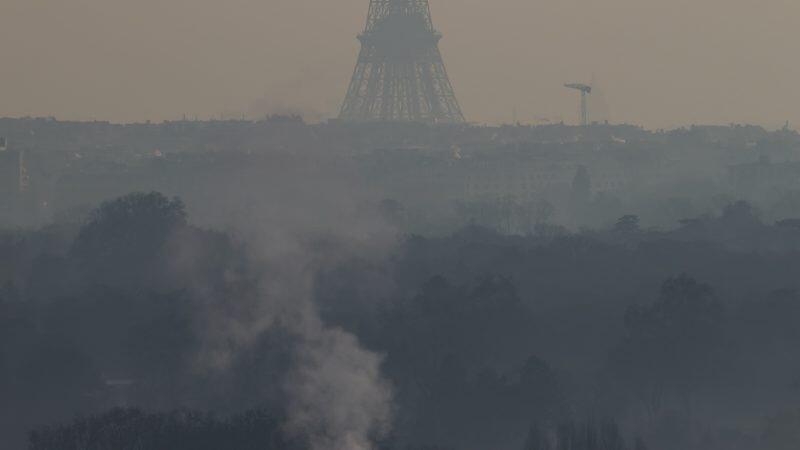The Amorce association, an association of local authorities and businesses in the fields of waste, energy and heating networks, reveals the tax measures which will be included in the French national roadmap on circular economy (FREC). EURACTIV’s partner Le Journal de l’Environnement reports
The goal of using 100% of recycled plastic by 2025 will not be the only measure by the FREC to be announced in March.
“Two great topics marked the workshop dedicated to financing. The General Tax on Polluting Activities (TGAP) on storage will be progressively doubled, from €40 per tonne to €80 per tonne, in 2025, with the removal of modulations (exemptions that were until now granted in the case of biogas or bioreactor productions). And the idea to create a tax on non-recyclable products is steadily taking shape”, states Nicolas Garnier, the delegate-general of Amorce.
Outcry over non-recyclable products
The association has been asking for this tax for a long time and now it could take the shape of a General Tax on Polluting Activities (TGAP), paid by producers of non-recyclable goods, who were until now exempted from all eco-taxes (excluding extended producer responsibility sectors [ERP]), unlike the “polluter pays” principle.
The goal is to halve the market inputs by 2025. “It would be the most revolutionary measure to come out of the FREC,” says Nicolas Garnier.
A step towards eco-design
But who will implement it? “It will be implemented by the General Directorate for Fair Trading, Consumer Affairs and Fraud Control, customs, the ministry of ecology, or even by a possible new body on waste,” states the general-delegate of Amorce. Whilst a first step in the roadmap was revealed to the workshop participants on 15 January, a sum of €3 cents per product is mentioned.
According to Nicolas Garnier, the income of this new tax should concern producers to help them develop recyclable goods. This initiative could be completed with the creation or the reinforcement of a bonus-penalty system on products from ERPs. These are the first concrete steps towards eco-design.
Source: http://bit.ly/2E4bYVC











